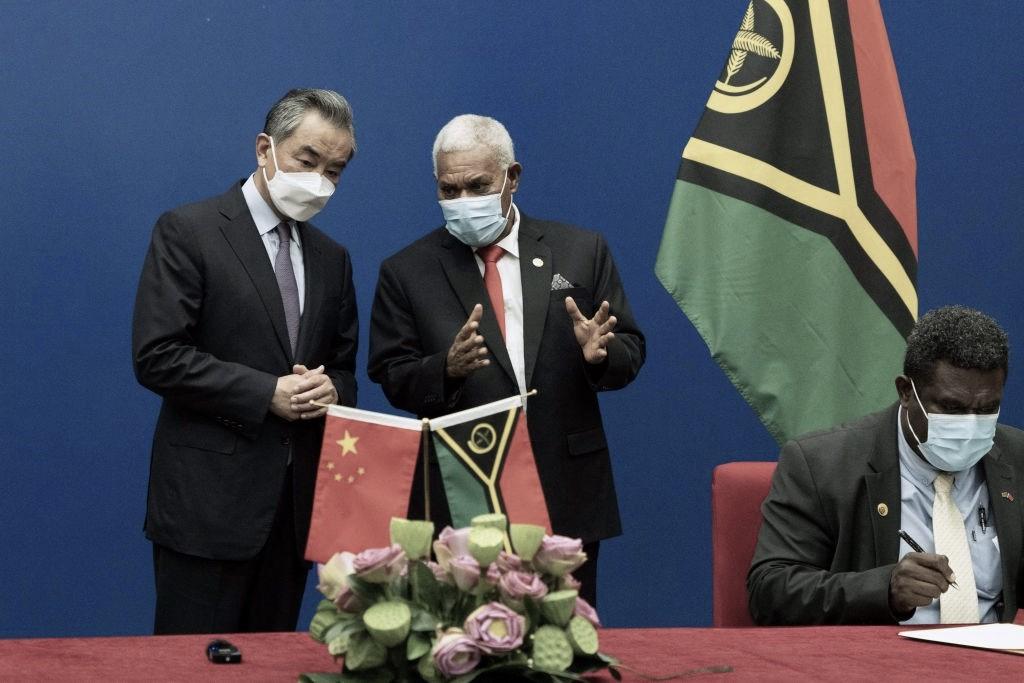Democratic countries are proposing a new Pacific-wide pact to strengthen cooperation and development efforts in the region to combat Beijing’s influence building and hybrid warfare operations.
The “Partners in the Blue Pacific” would involve the United States, Australia, France, Japan, New Zealand, and the United Kingdom to provide “closer, more purposeful, and more ambitious cooperation.”





